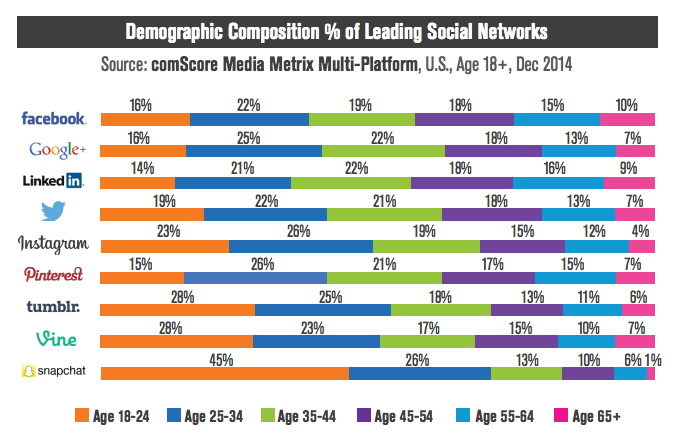Marketing is the process of identifying and satisfying consumer needs and wants at a profit (Daly, 2017). When utilised correctly the use of the web as a marketing medium, creates limitless opportunity for a business or brand. There are a range of media that is currently being utilised as a marketing medium, including text, multimedia and voice, in particular, social media and the internet, such as Facebook, YouTube, Twitter etc. Social Media allows the consumer to engage on a more personal level with a company or brand, while the use of E-Tools allows a business to analyse the effectiveness of their marketing campaign in real time. While the internet can be used as a valuable resource, there is huge demand to stay relevant and current by keeping content up to date. Due to the many competitors present on the internet, the website that posts the most content is the website that most people will visit and pay more attention to.
Advertising through social media, blogs and websites can all be done cheaply and effectively. You can show feedback from customers and can see exactly how many people have viewed and opened an e-newsletter. (True Marketing)
As mentioned, there are a range of media that can be utilised to market your company or business. This includes social media; Facebook,Instagram, LinkedIn, Twitter, and Snapchat to name a few, but can also be televised, radio and print advertising (brochures, newspaper/magazines, billboards etc.) Different forms of medias allow businesses to reach their target audience on a global scale, depending on the different demographics they fall under. For instance, social media has become more popular in recent years due to the ongoing advances in Communication Technologies (CT), in particular smartphones, which allow consumers and businesses to access internet on the go. The various types of social media (as shown in the table below) demonstrate how social media sites perform based on the different age groups, some business may choose to focus their content on a particular platform based on the age group they are targeting i.e. Linked in for 34-44 year-olds. 
(Source Click on this link to view full article)
Many industries, particularly travel and online shopping, tend to thrive off basing their businesses online as it comes without the over head costs of renting/owning shop locations globally when they can just market online. Having a strong online presence also means that companies can operate 24/7 instead of having limited set opening hours and hiring staff to work these hours in different locations. Having a strong social media presence as well as operating over a number of different platforms creates the opportunity for businesses to interact on a regular basis with customers such as receiving feedback and helping with customer queries, while also running competitions and exclusive offered and promotions in order to maintain a strong social following. Advertising online also costs considerably less than traditional televised advertisements, along with giving different options in terms of the channels you wish to advertise on, such as Facebook Banner ads, or 30 second YouTube video clips before videos, which can be tailored to reach your preferred target audience.
However, along with the ongoing advances of technology, there are a fair share of drawbacks to come with it. As social media has become more popular, there is constant demand and competition for fresh content to be posted, but with websites like Instagram and Google continuously changing their algorithms for the order in which content is shown, companies and small businesses in particular are finding it increasingly hard to have their content reach audiences. This is where many businesses have begun enlisting the help of Digital Marketing agencies who specialise in SEO (search engine optimisation) and investing into the likes of GoogleAdwords in which businesses can bid on certain keywords to ensure they rank highest in google searches compared to their local competitors.
Consumers also sometimes find that social media and the internet has become too intrusive, with giving email addresses and personal details becoming a frequent marketing technique used by websites. While the use of ‘cookies’ may be useful for remembering particular items viewed or stored on an online shopping basket, this information is usually carried over onto different websites as a marketing technique designed to commit a consumer to a sale. Many companies also use social media as a way to do background checks or keep tabs on their prospective or current employees, with some people even having their positions or opportunities compromised over posts that some may even consider harmless, posted on Facebook even from years ago as it may not comply with the attitudes and expectations associated with a company.
As a whole, traditional marketing is becoming less frequently used and less popular due to the demand and popularity of social media and online/digital marketing. Despite the drawbacks associated with digital marketing, it is inevitable that it will only carry on progressing as more and more businesses turn to less traditional marketing methods and modern technology continues to advance the way we as consumers communicate globally with brands and ambassadors.

